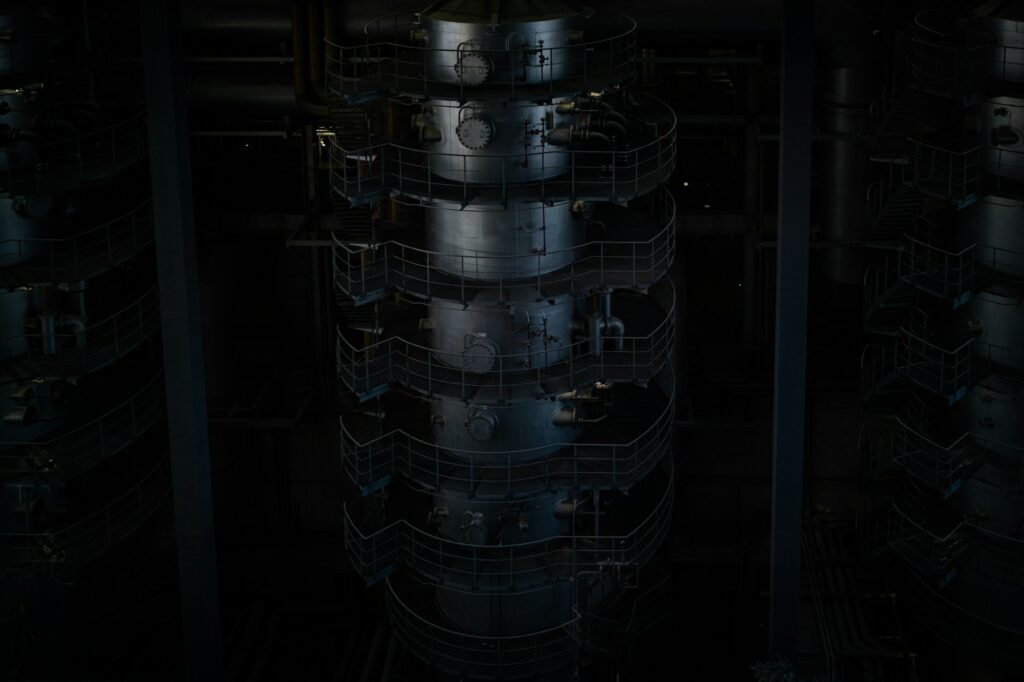Researchers from Rice University have come up with a new method for addressing one of the more persistent environmental challenges regarding polyfluoroalkyl substances (PFAS), often referred to as “forever chemicals”.
The method, developed under the leadership of Professor James Tour and graduate student Phelecia Scotland, uses flash joule heating (FJH) to simultaneously decompose PFAS and upcycle spent granular activated carbon (GAC) into graphene. During this process PFAS-saturated granular activated carbon gets combined with sodium or calcium salts while high-voltage pulses drive the mineralisation of PFAS. Pulsing the system at high voltage generates intensity heat at 3,000°C during periods shorter than one second. The quick heating process disrupts the carbon-fluorine chemical bonds found in PFAS turning them into inert salts.
“Our method doesn’t just destroy these hazardous chemicals; it turns waste into something of value,”
Tour stated, He went onto say:
“By upcycling the spent carbon into graphene, we’ve created a process that’s not only environmentally beneficial but also economically viable, helping to offset the costs of remediation.”
The process has achieved defluorination efficiency exceeding 96% and has removed nearly all traces of perfluorooctanoic acid (PFOA); a common pollutant, from water samples. Importantly, the treatment produces no detectable levels of volatile organic fluorides, a byproduct often seen with other remediation techniques.
Conversion of waste materials into graphene creates an affordable system that helps minimise other expenditure costs. The semiconducting properties of graphene also makes it useful for designing electronics and construction components.
“This dual-purpose approach is a game changer,” Scotland said. “It transforms waste into a resource while providing a scalable, cost-effective solution to an urgent environmental issue.”
The ability of the FJH process to handle even the more resilient forms of PFAS; such as those found in Teflon, suggests it might soon be applied in diverse water treatment and waste management scenarios.
“With its promise of zero net cost, scalability and environmental benefits, our method represents a step forward in the fight against forever chemicals,”
Scotland Stated. She went onto say:
“As concerns over PFAS contamination continue to grow, this breakthrough offers hope for safeguarding water quality and protecting public health worldwide.”
The novel FJH technique demonstrates better possibilities than traditional PFAS disposal methods that involve incineration together with landfilling spent carbon which proves inefficient and costly. The Research shows promise regarding process scalability and versatility because scientists believe they can modify the method for creating other carbon-based products such as carbon nanotubes and nanodiamonds.

Hassan graduated with a Master’s degree in Chemical Engineering from the University of Chester (UK). He currently works as a design engineering consultant for one of the largest engineering firms in the world along with being an associate member of the Institute of Chemical Engineers (IChemE).



